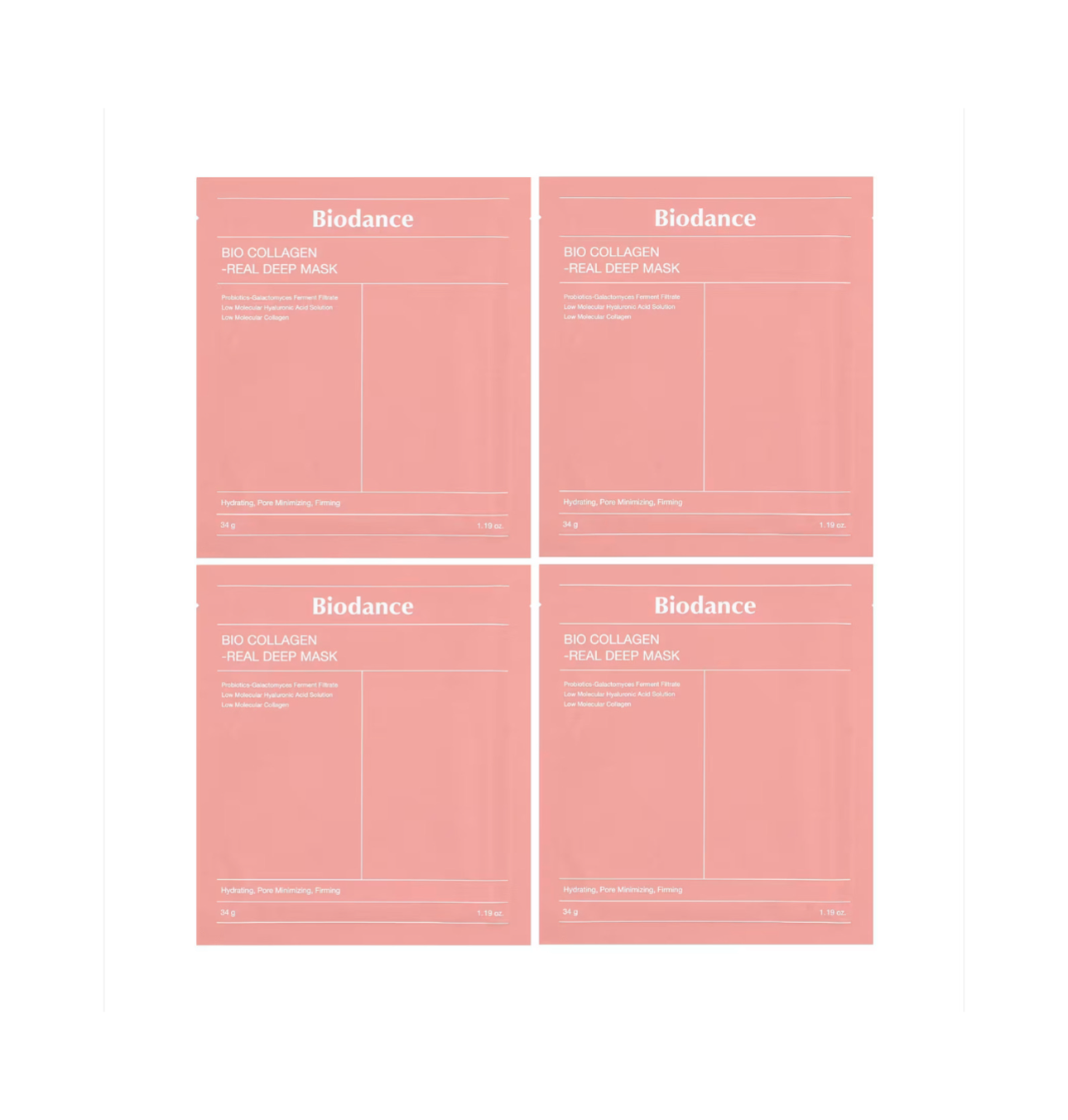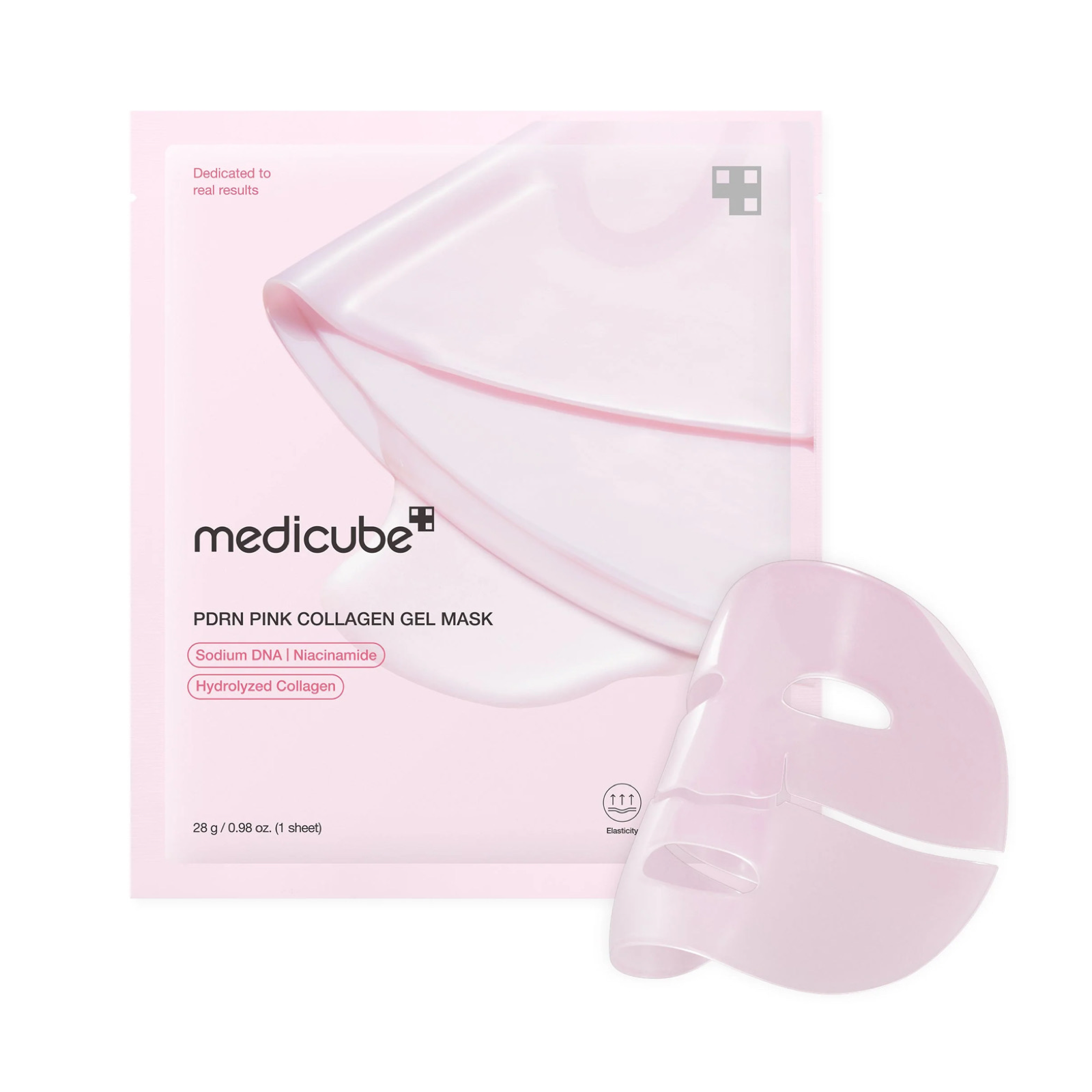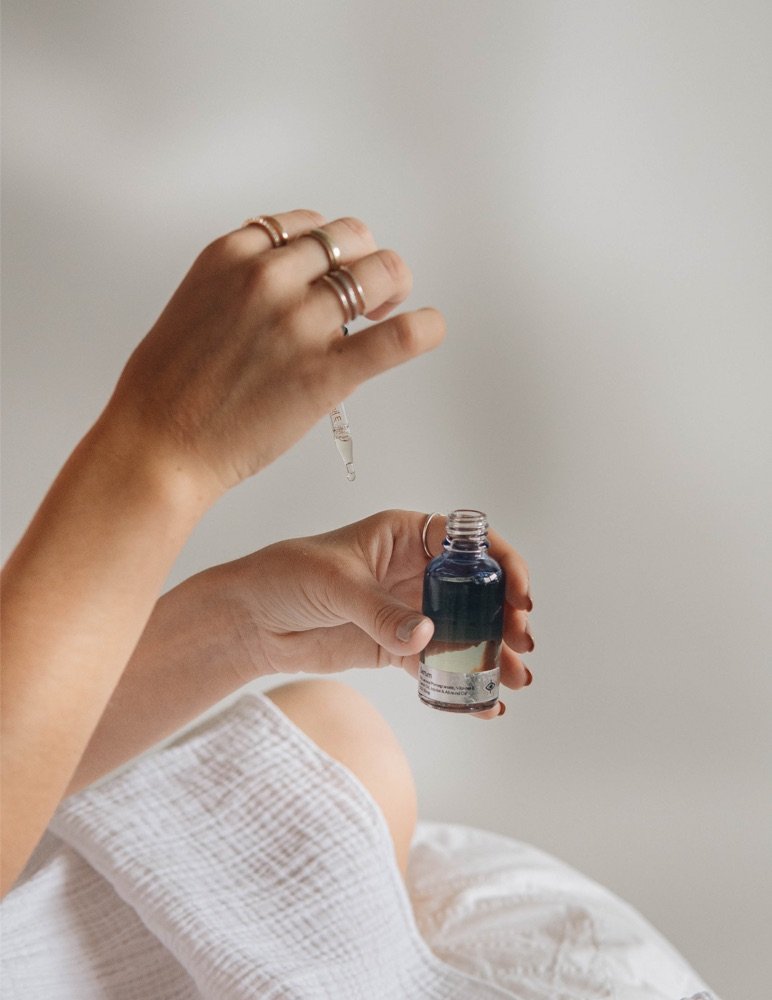In the world of self-care, few things feel as instantly relaxing as applying a face mask. Whether you’re reaching for a serum-soaked sheet mask, a detoxifying clay formula, or a creamy overnight mask, the promise is always the same: hydration, glow, and a moment of calm. But before you slather that soothing formula on your skin, have you ever stopped to ask—do face masks’ skincare expire?
The answer is yes—and using expired masks could do more harm than good.
In this blog, we’ll walk you through the shelf life of various types of face masks, how to tell if your skincare mask has expired, and what risks you might face by using them past their prime.
Plus, we’ll share tips to prolong their life and get the most out of every pampering moment.
Why Expiration Dates Matter in Skincare
Skincare products, including face masks, contain active ingredients like vitamins, acids, botanical extracts, and essential oils. These ingredients degrade over time, especially when exposed to heat, light, or air. As they break down, they lose their effectiveness—and in some cases, they may even become irritating or harmful.
So, do face masks’ skincare expire in the same way a bottle of moisturizer or serum does? Absolutely. Just like other skincare products, masks are carefully formulated with shelf life in mind. Ignoring expiration dates can lead to less effective results at best—or unpleasant skin reactions at worst.
How Long Are Skincare Face Masks Good For?
The shelf life of a skincare face mask depends on several factors:
- Type of mask
- Packaging
- Ingredient stability
- Whether it’s opened or unopened
- Storage conditions
Here’s a general breakdown of how long common types of face masks last:
Mask Type | Unopened Shelf Life | Opened Shelf Life |
Sheet masks | 1–2 years | Use immediately |
Clay masks (in jars) | 1–2 years | 6 months–1 year |
Cream masks | 1–2 years | 6–12 months |
Gel masks | 1–1.5 years | 6–9 months |
Peel-off masks | 1–2 years | 6–12 months |
Pro Tip: Always check the packaging for an expiration date or a “Period After Opening” symbol (usually shown as an open jar with a number like “12M” for 12 months).
Do Sheet Masks Expire?
Yes—sheet masks definitely expire, and their shelf life is shorter than most people think. These single-use masks are soaked in concentrated serums and are often sealed in foil pouches. When stored properly, they can last up to 1–2 years from the manufacturing date.
However, that doesn’t mean you should push it to the limit. Using sheet masks well before their expiration ensures the ingredients are fresh and active. Over time, the serum can degrade, leading to:
- Skin irritation
- Diminished results
- Risk of bacterial contamination
If your sheet mask looks dry inside the pouch, smells odd, or has yellowed or changed color, it’s time to toss it.
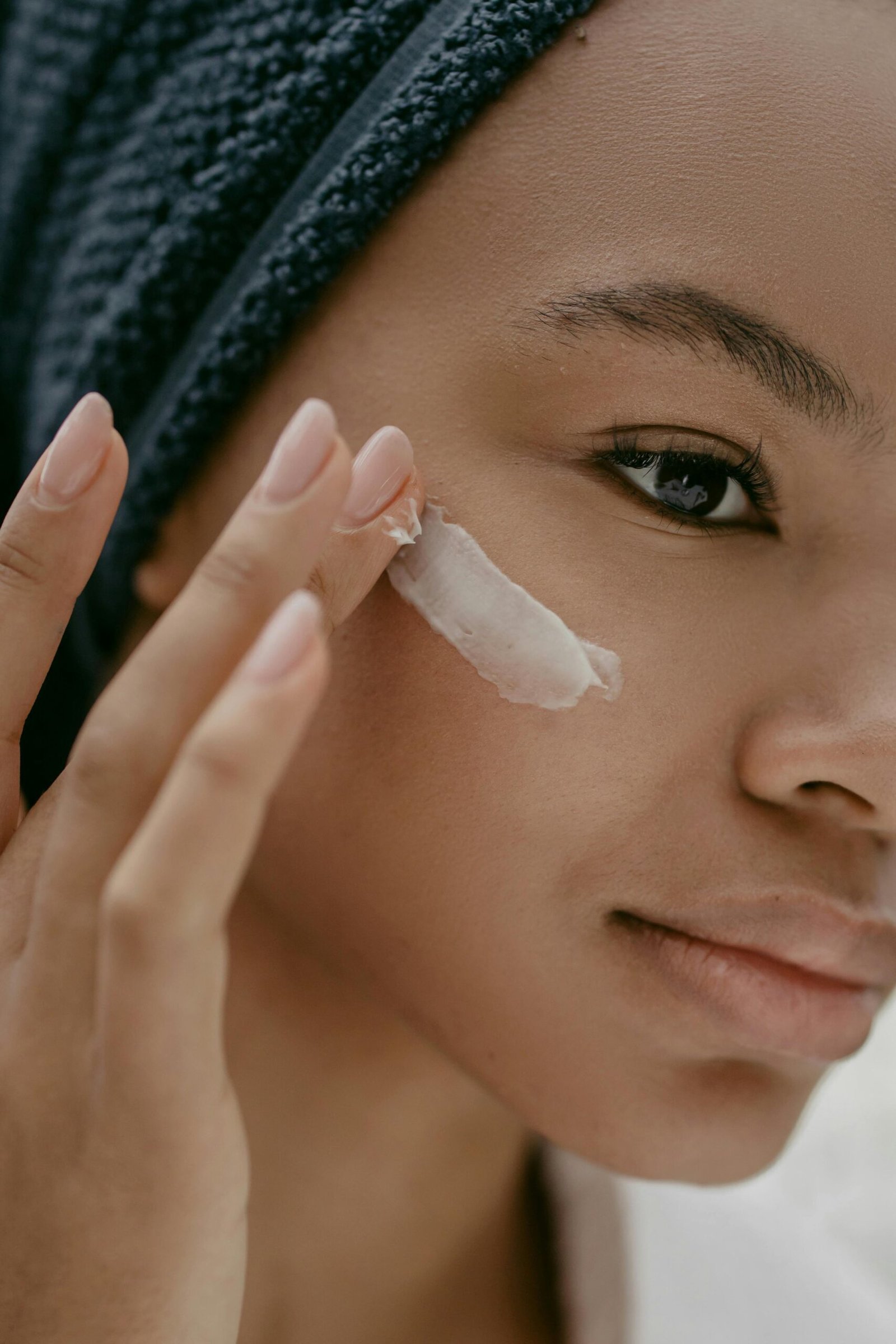
What About Clay or Cream Masks?
Clay masks, especially those in jars or tubs, tend to dry out and become less effective after opening. Exposure to air can cause the ingredients to oxidize or separate.
Signs that your clay or cream mask has expired:
- The texture becomes crumbly or overly dry
- An unusual or foul odor develops
- The color darkens or fades
- Mold appears around the lid or container edge
Once opened, try to use these masks within 6 to 12 months for the best results.
Do Face Masks’ Skincare Expire If Unopened?
Yes, even unopened face masks will eventually expire. While they’re more stable when sealed, the ingredients inside still break down over time.
- Unopened masks typically last 1 to 3 years, depending on the product and how it’s stored.
- Always check the manufacturing date and look for an expiry date (often printed near the seal or back label).
- Some masks will also show a batch number, which you can look up on the brand’s website to confirm the production timeline.
Signs Your Face Mask Has Expired
You don’t always need to be a chemist to spot an expired skincare mask. Use your senses—sight, smell, and touch—to assess whether your product is still safe to use.
Here are clear signs of expiration:
- Unpleasant or sour odor
- Change in color or separation of ingredients
- Crumbly, dry, or unusually thick texture
- Mold around the lid or inside the container
- Dry or shriveled sheet mask
- Packaging looks bloated or leaking (especially sheet masks)
If you spot any of these, it’s best to discard the product rather than risk a reaction.
Can You Use an Expired Face Mask?
Technically, you can—but you really shouldn’t. Using expired skincare masks might seem harmless, but here’s what could go wrong:
1. Reduced Effectiveness
The active ingredients—like hyaluronic acid, vitamin C, or retinol—degrade over time. Using an expired mask means you’re not getting the hydration, brightening, or soothing benefits you expect.
2. Irritation or Allergic Reactions
As ingredients break down, their chemical structure changes. This can irritate the skin, especially if you have sensitive skin, eczema, or acne-prone conditions.
3. Risk of Contamination
Bacteria or mold can form inside opened or improperly stored masks. Even unopened masks stored in warm, humid areas can spoil faster.
Bottom line? It’s not worth the risk. When in doubt, throw it out.
How to Store Face Masks to Extend Shelf Life
Proper storage makes a huge difference in the longevity of your skincare.
Here’s how to store your face masks the right way:
- Cool, dry place: Avoid bathrooms, which are humid and warm.
- Avoid direct sunlight: UV light can degrade ingredients.
- Seal tightly: If you have a tub or jar mask, always screw the lid on properly.
- Use a skincare fridge (optional): Helps maintain a consistent, cool temperature—plus, it feels amazing on your skin.
Bonus Tip: Keep a small label or sticky note on your jars with the date you opened them so you can track usage.
What to Do With Expired Face Masks
Have a batch of expired masks? Here are some options:
- Toss them responsibly: Recycle packaging where possible.
- Use on less sensitive areas: While not recommended, some use expired (but not spoiled) masks on elbows or knees—but never on the face.
Prevent waste by buying less: Only buy what you can reasonably use within the recommended timeframe.
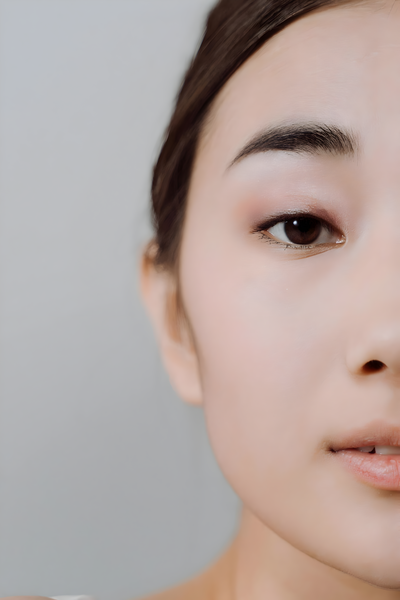
Final Thoughts: Don’t Let Expired Products Derail Your Skincare Goals
So, do face masks’ skincare expire? Absolutely—and paying attention to those expiration dates is key to keeping your skin healthy, happy, and glowing.
Just like food in your fridge, your skincare products are meant to be used fresh. Let go of that half-used clay mask from two summers ago or the sheet masks sitting untouched at the back of your drawer. Invest in high-quality, properly stored products and treat yourself to a masking routine that actually works.
Because your skin deserves the best, today, tomorrow, and every “treat yourself” day in between.
